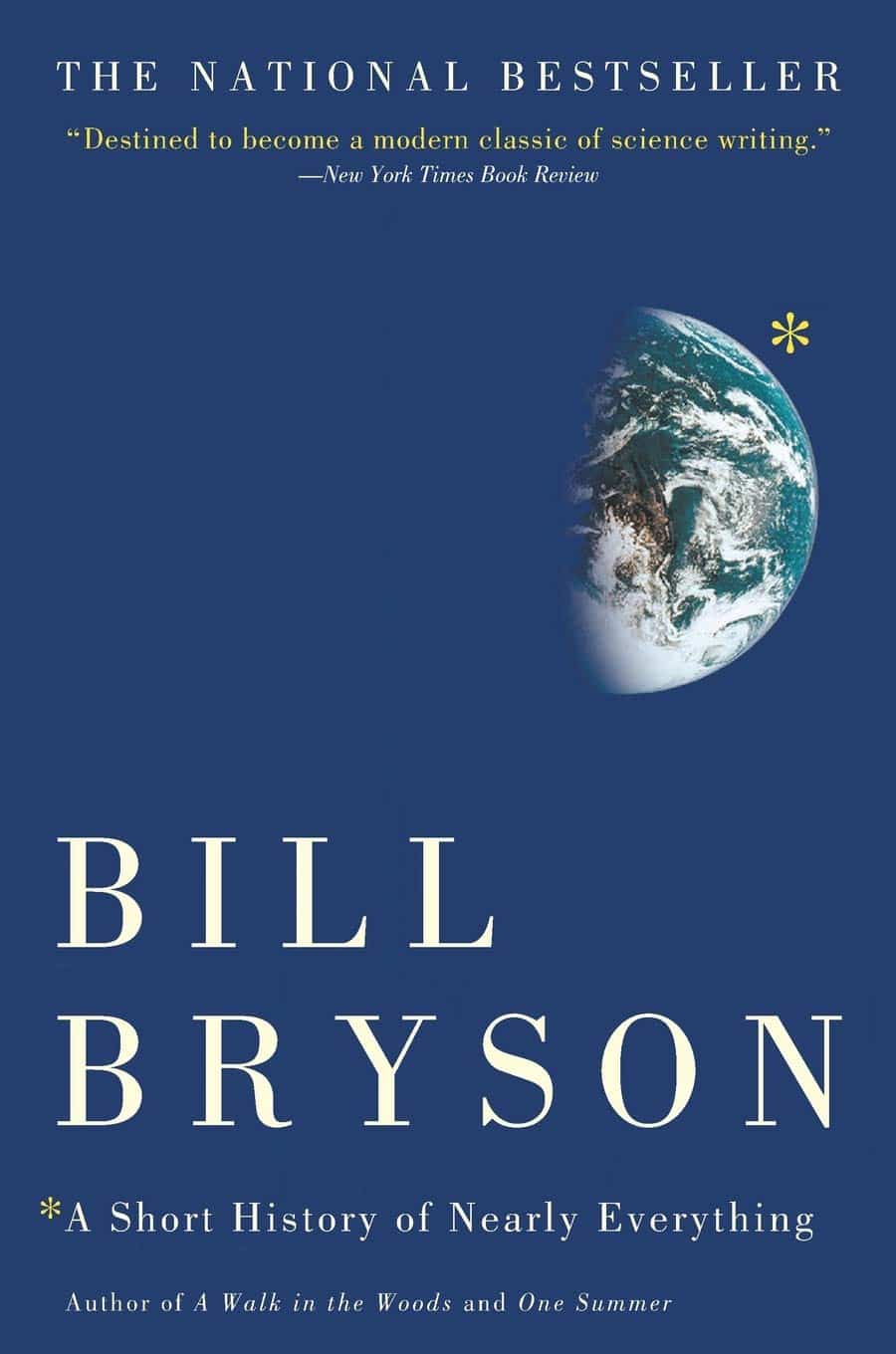Prepare to embark on a captivating journey through the annals of scientific discovery. “A Short History of Nearly Everything” defies convention, offering a narrative-driven approach that reads more like a thrilling story than a dry textbook. Author Bill Bryson’s conversational tone and informal style make for a refreshing and enjoyable reading experience.
What sets this book apart is its ability to demystify complex concepts without sacrificing depth. Bryson effortlessly explains the logic behind scientific breakthroughs, even shedding light on the origins of formulas used in A Level Physics. With humor and wit, he ensures that readers of all backgrounds can grasp each concept, leaving no knowledge assumption unaddressed.
Delving into the realm of past scientific endeavors, Bryson delves into the intriguing world of famous rivalries and the occasional misstep. Discover how scientists maneuvered to measure the distance between the Earth and the Sun, and enjoy tales of resilience amidst failure. Bryson expertly intertwines the personal lives of these brilliant minds, exploring the relationships between scientists and their often overlooked companions who aided them in their groundbreaking research.
From astronomy to geology, “A Short History of Nearly Everything” covers a wide range of scientific disciplines. Prepare to encounter mind-boggling concepts that have shaped our understanding of the world. I found it fascinating to learn about the eighteenth-century belief in the “élan vital” force, which attributed life to inanimate objects. Such peculiar ideas aside, A Short History of Nearly Everything presents countless foundational discoveries that form the bedrock of modern science.
Structured chronologically, each chapter seamlessly connects one scientific breakthrough to the next. This approach provides a comprehensive understanding of how each discovery builds upon its predecessors. As I journeyed through the pages, I gained a profound appreciation for the importance of contemporary research, fueling my excitement to apply to a prestigious university renowned for its scientific endeavors.
Whether you have a general interest in science or are specifically applying to Chemistry, Physics, or Earth Sciences, “A Short History of Nearly Everything” is a must-read. This book will not only satisfy your curiosity but also shed light on the “why” behind scientific inquiries. Let it ignite your passion and inspire you to embark on your own scientific odyssey at the University of Oxford.







